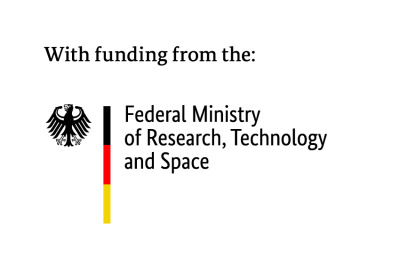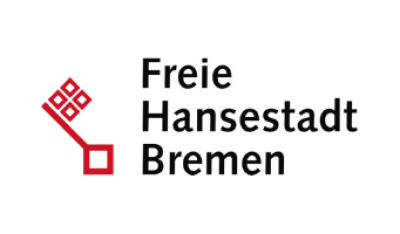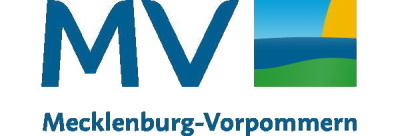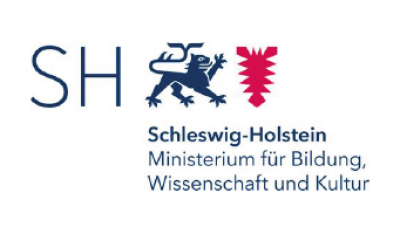Exclusion of mobile bottom-contact fishing in marine protected areas of the German EEZ in the Baltic Sea
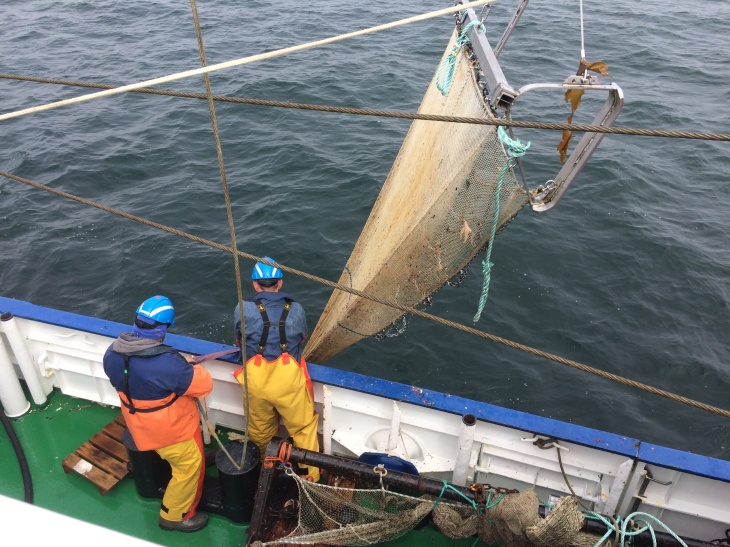
Research fishing © Martin Paar, University Rostock
Bottom trawls are often used in so-called mobile bottom-contact fishing (MGF) in the Baltic Sea.
The main effects on marine ecosystems are caused by their otter boards, which are used to keep the net horizontally open. Otter boards plow through the sediment and thereby have a negative impact on the sediments and organisms on the sea floor. However, the rollers of the bottom line also leave visible marks and suspend the sediment.
Therefore, this fishing method was excluded in the German MPAs at the end of 2024 - at least in parts of the areas. The negotiations on the exclusion of MGF took place within the framework of the European Common Fisheries Policy at EU level and in consultation with neighboring countries.
Our Research
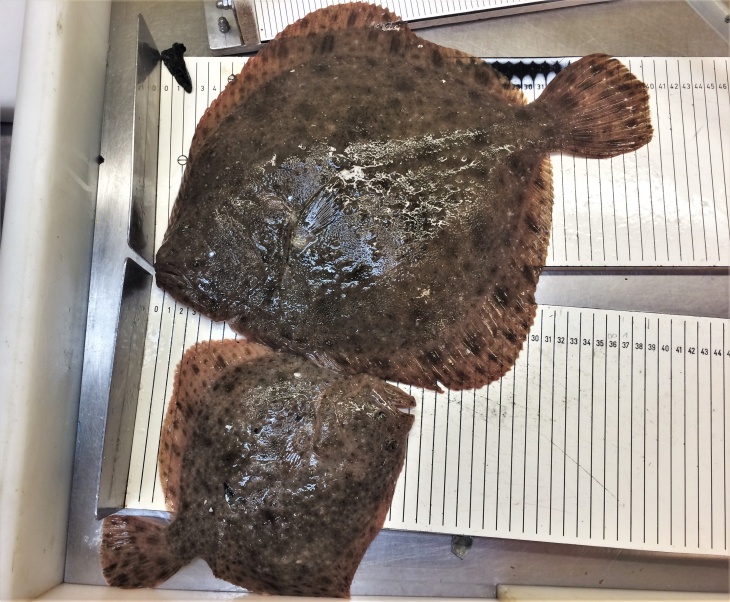
fresh turbot © MGF Ostsee
The MGF Baltic Sea research project as well as its sister project MGF North Sea offer the unique opportunity to investigate how benthic habitats and organisms develop after the exclusion of MGF in the future.
For this purpose, the current state of the MPAs and neighboring reference areas was examined and documented in order to investigate how communities, seabed morphology, biogeochemistry of the marine sediments and exchange processes between sediment and the water column develop without further human disturbances.
The results provide an important basis for future management and monitoring of the marine protected areas in the North and Baltic Seas.
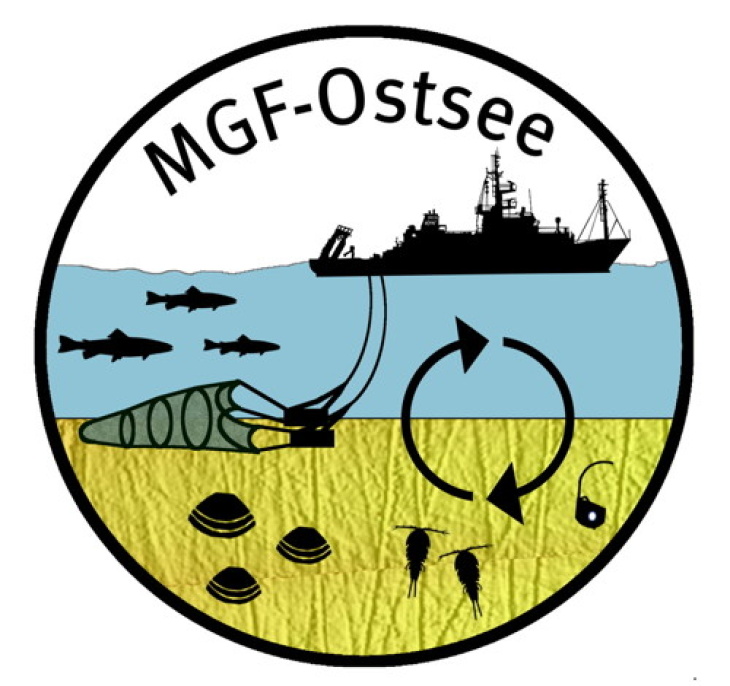
The scientific work conducted in the projects follows a modern, interdisciplinary approach that includes all components of the ecosystem in order to assess the consequences of an MGF exclusion. In addition, new, non- or minimally invasive methods such as environmental DNA (eDNA) and UW-Video are used and compared as well as calibrated with established methods to reduce impact on the new exclusion zones.
The data from the pre-exclusion samplings form the basis of future monitoring in the areas, which allow for status changes to be recognized and further, initiating countermeasures or additional protective measures, if necessary.
Project coordination: Prof. Klaus Jürgens, IOW Leibnitz-Institut for Baltic Sea Research Warnemünde.

